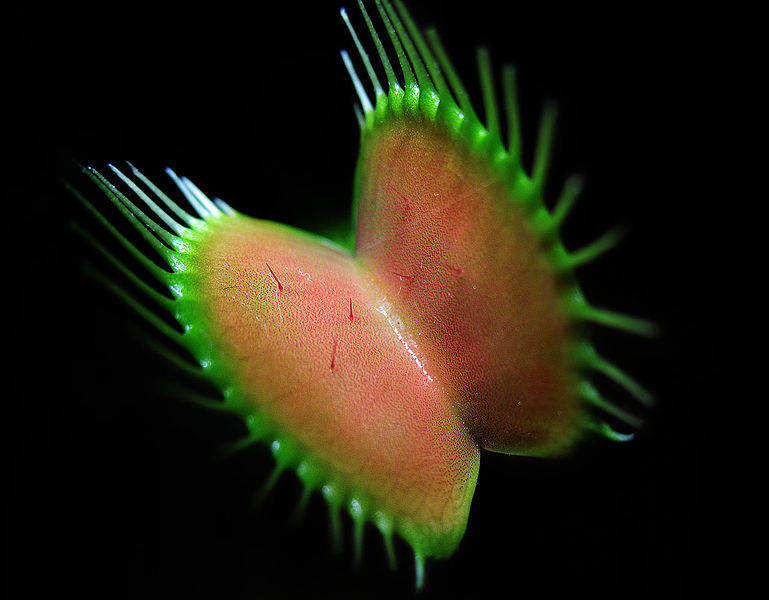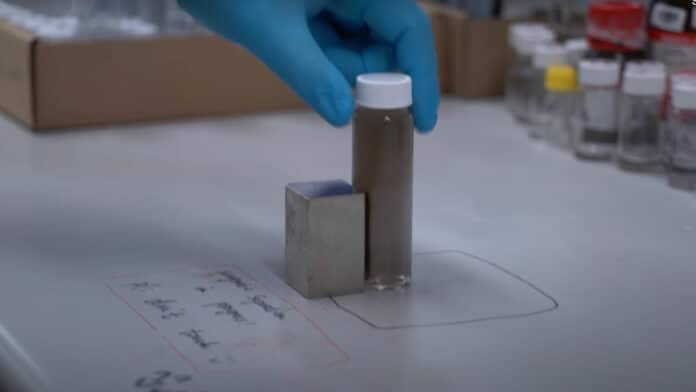Soon we will be able to communicate with plants. No, I am not talking about any sci-fi movie.
Researchers have devised a tool that can deliver electrical signals to and from plants. This device won’t allow you to speak to your plant. But it can monitor how the plant responds to its environment, and transmit movement instructions to the plant.
Recently researchers from Nanyang Technological University(NTU) were able to “communicate” with a Venus flytrap. Venus flytrap is a carnivorous plant that has an unusual habit of catching and digesting insects. Scientists communicated by attaching a conformable electrode on the surface of a plant using hydrogel as an adhesive.
While experimenting with the Venus flytrap, this device successfully relayed the signals the plant was emitting. On pulsing a specific frequency through the electrode, researchers provoked the plant to close its leaves on demand in 1.3 seconds.
How it is going to help us
Researchers believe that this ability to measure the electrical signals of plants could have applications in robotics.
The co-lead author of the study Professor Loh Xian Jun said, “The device can now stick to more types of plant surfaces, and more securely so, marking an important step forward in the field of plant electrophysiology,” “It opens up new opportunities for plant-based technologies.”
They foresee that their work could also help farmers in detecting disease in crops and maximizing crop yield.
Lead author Professor Chen Xiaodong, said, “By monitoring the plants’ electrical signals, we may be able to detect possible distress signals and abnormalities,” “When used for agriculture [purpose], farmers may find out when a disease is in progress, even before full‑blown symptoms appear on the crops, such as yellowed leaves. This may provide us the opportunity to act quickly to maximize crop yield for the population.”







